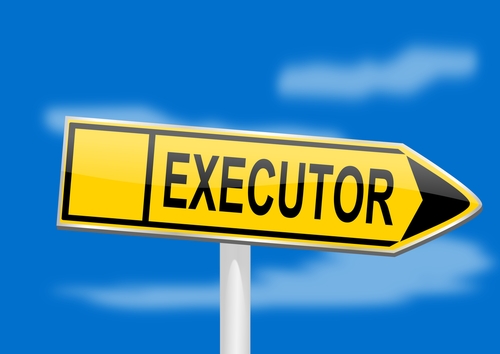How to
Estate executors and you – The Your Money Guide

This guide clears up some of the myths and misconceptions that circulate about the role of executors.
What does an estate executor do?
A Will is a document in which someone sets out what should be done with money, property, possessions and debts after their death.
An executor is someone named in the Will responsible for dealing with this estate, and ensuring the assets are distributed as laid out by the deceased.
An executor will be expected to gather the necessary information relating to a deceased’s assets, collect and distribute these assets in accordance with the deceased’s wishes, and settle any outstanding financial and legal affairs left behind.
Who can I use?

Why Life Insurance Still Matters – Even During a Cost-of-Living Crisis
Sponsored by Post Office
A popular misconception is that individuals are legally obliged to use the services of a professional executor.
In truth, anyone can be an executor (even individuals named in a Will as beneficiaries), as long as they are over the age of 18. People frequently name friends and relatives as their executors; whether or not you (or, indeed, they) solicit the help of a certified professional is entirely optional.
An increasingly popular option is to appoint a friend or relative as an executor, and include fundings provisions in a Will so an executor can solicit professional support if necessary.
Who should I use?
There is no universal rule for who should be your executor. It is an enormously important decision that you alone must make, and the ‘right’ executor for you is dependent on your own personal circumstances, requirements and wishes.
As the work of an executor can be complex, time-consuming and difficult, it is vital that anyone you choose must be responsible and trustworthy. Before naming anyone as your executor, it is crucial that you acquire their consent (if they end up refusing, your Will must be rewritten) and that they are aware of what the process entails.
It is also sensible to elect two separate executors, in the event one cannot perform their duties when the time comes.
Are professional executors worth the money?
It depends.
Professionals have some advantages – particularly if the legal and/or financial affairs are complicated, an estate is large, or there are many named beneficiaries in a Will. It is important to remember, however, that the size of an estate, or the number of named beneficiaries, does not necessarily make a Will tricky to execute.
Professional assistance always comes at a cost, and how much a professional executor will charge you can vary. Some charge by the hour, others expect a percentage of the estate proportional to its size; in certain cases, an executor may expect a combination of both.
Before choosing a professional, it is advisable to compare quotes from a number of different suppliers. If possible, select a professional who is willing to offer a flat rate – but always ensure you at least have a clear idea of how fees are calculated, and what you can expect to pay, before enlisting anyone’s services.
For more information on effective estate planning, please visit the Your Money guide to writing a will.